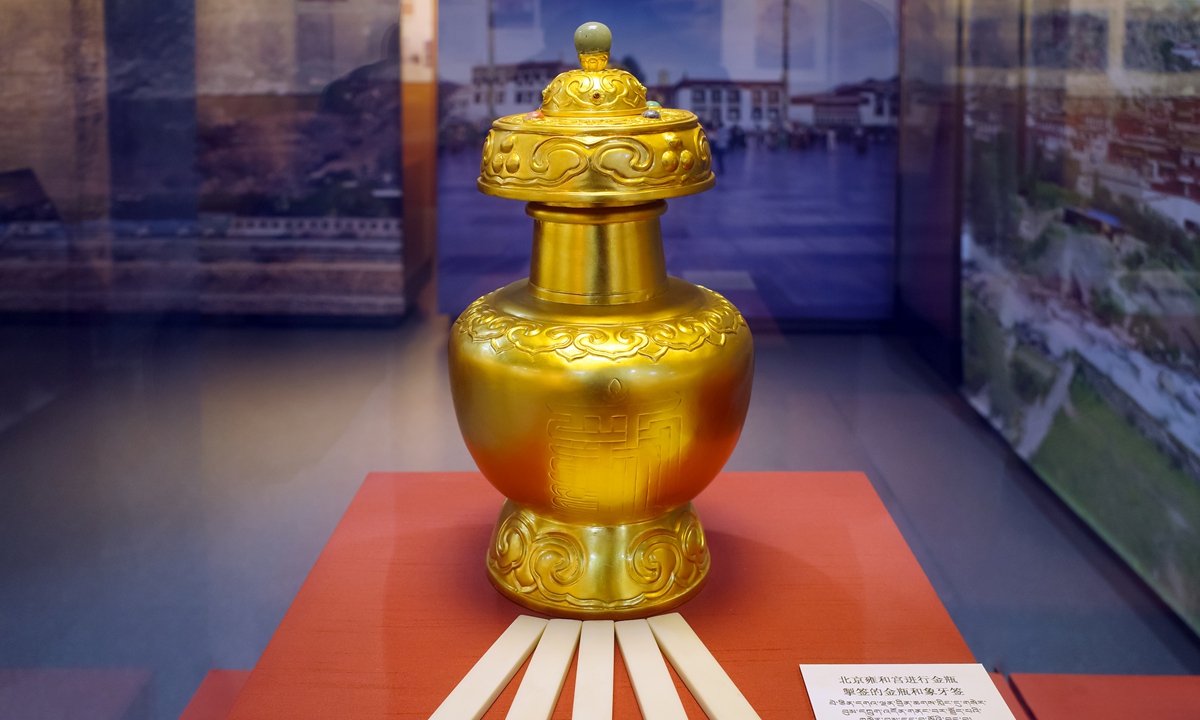PETALING JAYA: Artificial intelligence (AI) is set to be the next growth engine for the technology sector.
Stocks linked to this sub-segment of the tech space have seen strong gains this year.
Analysts believe the run has further legs to go with companies such as Nvidia Corp, Advanced Micro Devices and their related branded manufacturers in Taiwan such as Asustek Computer Inc gaining strong interest of late.
AI requires computing power that is used by graphics processing unit (GPU) in computers and they are the key to the training of neural networks, the enabler of AI.
Apart from powering computer games and graphics/video-intensive computers, GPUs help quicken the training of neural networks which are a key component of many algorithms enabling AI.
The two main GPU designers and makers in the world are Nvidia and AMD.
It appears that tech stocks on Bursa Malaysia have not caught up with the strong rally in the United States as the surge in interest since late last year are limited to makers of GPUs and their related companies.
There was much buzz last week on the local tech space with Nvidia founder and chief executive officer Jensen Huang dropping by several countries in the region including Malaysia to announce business ventures.
For Malaysia, Nvidia last Friday announced a data centre partnership and it also announced last Sunday it will set up a manufacturing base in Vietnam.
YTL Power International Bhd
 announced a collaboration with Nvidia to deploy AI infrastructure with Nvidia H100 Tensor Core GPUs at its YTL Green Data Centre Park in Kulai, Johor.
announced a collaboration with Nvidia to deploy AI infrastructure with Nvidia H100 Tensor Core GPUs at its YTL Green Data Centre Park in Kulai, Johor.
YTL Power’s share price received a boost with this development and saw gains of almost 15% last week alone. The company is now considered an AI-linked firm by market players with this partnership.
SPI Asset Management managing partner Stephen Innes said the surge in share prices of AI-linked companies is just the beginning and investors have not fully digested the strong upside prospects of this latest development in the tech space.
“We are only seeing the tip of the iceberg on a decade-long transition to AI.
“Right now, most of the focus is on the companies making the tools necessary to power the AI revolution that appears to be fast descending upon businesses and, eventually, the broader economy,” Innes told StarBiz.“In the immediate sense, such a build phase may also benefit the ‘shovel providers’ of this ‘gold rush’ – the companies that provide the computing power and tools necessary to build the models needed to compete.
“For this year, at least, Nvidia has stood out as that hardware store on the prospecting hill,” he added.
Innes expects Nvidia will continue to trend higher and be trading at US$600 per share next year and over US$1000 in the longer term.
High-net-worth investor and former investment banker Ian Yoong Kah Yin said investor interest in the domestic tech sector will be AI-driven, moving forward.
“The listed companies in this space are YTL Power, ITMAX System Bhd and Straits Energy Resources Bhd
 YTL Corp and YTL Power, its subsidiary, are in data centres.
YTL Corp and YTL Power, its subsidiary, are in data centres.
“ITMAX is in video surveillance and analytics. Straits Energy is into oil bunkering, telecommunications solutions and AI-enabling services,” Yoong told StarBiz.YTL, YTL Power, ITMAX and Straits Energy are trading at financial year 2024 price-to-earnings ratio (PER) of 10, 8, 19 and 10 times, respectively, he noted.
Meanwhile, Yoong said the wider local tech space on Bursa Malaysia is expected to remain in the doldrums in the first half of 2024, with recovery seen earliest in the second half of next year.
“The Bursa Malaysia Technology index currently commands an above-average valuation, with a forward PER multiples of 25 times. The historical average PER is 21 times.
“The semiconductor-based sub-sector is expected to report weak earnings in the next two to three quarters,” Yoong added.
Commenting on tech stocks’ performance on Bursa Malaysia, Rakuten Trade head of equity sales Vincent Lau said many Malaysian tech stocks appear to be stuck in a trading range.
“Fund managers are staying on the sidelines and I think they need to see fourth-quarter numbers first.
“Ours are lagging behind and only in the United States it seems to be doing well. Even in Hong Kong the tech sector is struggling,” Lau told StarBiz.However, a tech recovery is still on track and the fourth quarter might be supported by restocking activities.
He said how strong will the recovery be is still the main question.
“But in the AI space, it still has some legs to run while for electric vehicles, it continues to be another growth sector,” Lau said.
“We may be at a short-term bottom now, as I think it will be quite a firm recovery moving into 2024. We may be at an inflection point.”
On YTL Power-Nvidia partnership, RHB Research said it has a long-term positive view on this development.
“The project may also boost its data centre take-up rate in Johor.
“YTL Power’s earnings growth should strengthen upon the successful delivery of the project delivery in the long run but investors ought to take note that additional capital expenditure requirements ahead could be rather intensive,” it said in a note.















